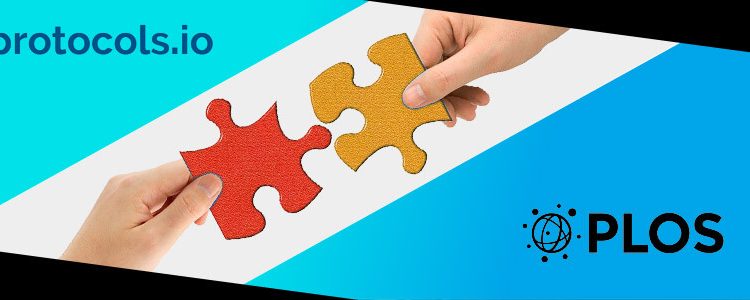PLOS Partners With Protocols.io—Methods Reimagined

Publication is a critical part of the academic research life cycle. A typical research paper has a section for materials and methods. However, considering the word and style limits imposed by journals, it is highly unlikely that a researcher will be able to include all the details that they used when conducting their experiments. This is, of course, problematic for those who wish to use these methods in future work. This lack of the complete methodological details is also a challenge for those trying to conduct replication studies. Building on their open data policy, PLOS journals have partnered with Protocols.io to address this issue by encouraging their authors to submit their complete methodology to protocols.io. The CEO of Protocols.io, Lenny Teytelman has expressed delight at the new collaboration with PLOS journals, stating that both entities have a similar open access thrust.
The difference between methods in a typical paper and methods on protocols.io is vast. The website allows contributors to include step by step notes on how to conduct the method in question. This means that hosting methods on protocols.io will allow researchers to describe in excruciating details exactly how they conducted their work. There are also both Apple and Android mobile apps for protocols.io that allow researchers to get instructions for any experiment they found on the site, or any private protocol they have created. The app helps scientists keep a track of where they are in the protocol, helps them see what is next and alerts them when it is time to move to the next step. The site also allows for comments and suggestions to be left on each method so that protocols can continually be improved for the benefit of the entire community. Methods on protocols.io also have persistent citable identifiers which allow credit to be given to those who crafted each method.
Once authors deposit their detailed methods on protocols.io, they can then use the unique DOI for their method to allow readers, editors, and reviewers to link directly from the PLOS papers to the protocol in question. As soon as the article is published in a PLOS journal there will be a link between the paper and the protocol which will be available under a Creative Commons license. While the community can modify and improve the methodology, the version associated with the published article will always remain accessible. The partnership between PLOS and Protocols.io, therefore, represents a major step towards ensuring the reproducibility of published research. This aligns well with Lenny Teytelman’s objective to have research be effectively communicated as well as remain accessible and reusable.









